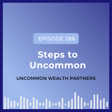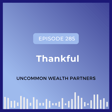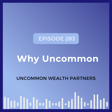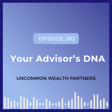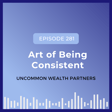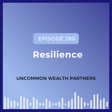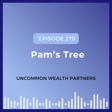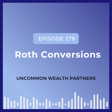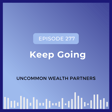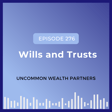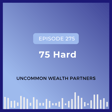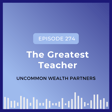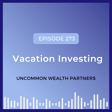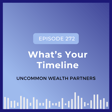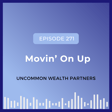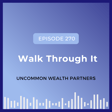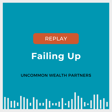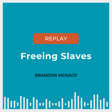
Adventure Capital
Chris Van Dusen is a senior partner at CECO Capital, a venture capital firm specializing in scaling and exiting businesses. Based in Huntington Beach, California, Chris has a diverse background in construction equipment rentals, real estate investment, marketing, and entrepreneurship. He has a unique and uncommon journey that includes leading roles in successful startups, such as a CBD company that was eventually sold for $75 million. Chris is also a co-founder of a liquor distillery and an experienced Brazilian Jiu Jitsu practitioner and instructor.
In this engaging episode of the Uncommon Wealth Podcast, host Phillip Ramsey sits down with Chris Van Dusen, a venture capitalist with a truly uncommon path to success. Chris Van Dusen shares his dynamic story, spanning from his beginnings in Connecticut and an unexpected transition from collegiate baseball to economics, all the way to becoming a key partner at CECO Capital. Chris’s unique insights into venture capital, business scaling, and strategic exits are captivating, offering listeners both inspiration and practical lessons.
Chris delves into the characteristics that define a promising business venture and the importance of investing in people who have previous entrepreneurial experience. He highlights the advantages of CECO Capital’s distinctive model, where partners play an active role in scaling businesses and improving operational efficiency. By sharing anecdotes from his diverse career, including successful business exits and his ventures into the CBD and liquor industries, Chris provides a vivid illustration of what it means to lead an uncommon and impactful professional life. His blend of venture acumen and hands-on experience sets the stage for understanding the complexities of today’s entrepreneurial and investment landscape.
Key Takeaways:
- CECO Capital's unique model involves active participation through management consulting to drive operational efficiency in early-stage companies.
- Identifying great companies begins with finding exceptional people who understand the entrepreneurial journey and have relevant experience.
- The importance of balance between managing lifestyle businesses and scaling those with significant growth potential.
- Chris’s transition from various industries to venture capital highlights a non-linear but richly rewarding career path.
- The significance of aligning interests between venture capitalists and entrepreneurs to achieve successful outcomes.
Notable Quotes:
- "The entrepreneurial journey has been romanticized over the years, but it is extremely difficult."
- "I made the joke, put away my rusty toolkit and join an established firm."
- "Really what it came down to is understanding human incentive around one singular thing."
- "If you've done it before...that is of interest to start."
- "The world's a better place when old men plant trees whose shade they will never enjoy"
